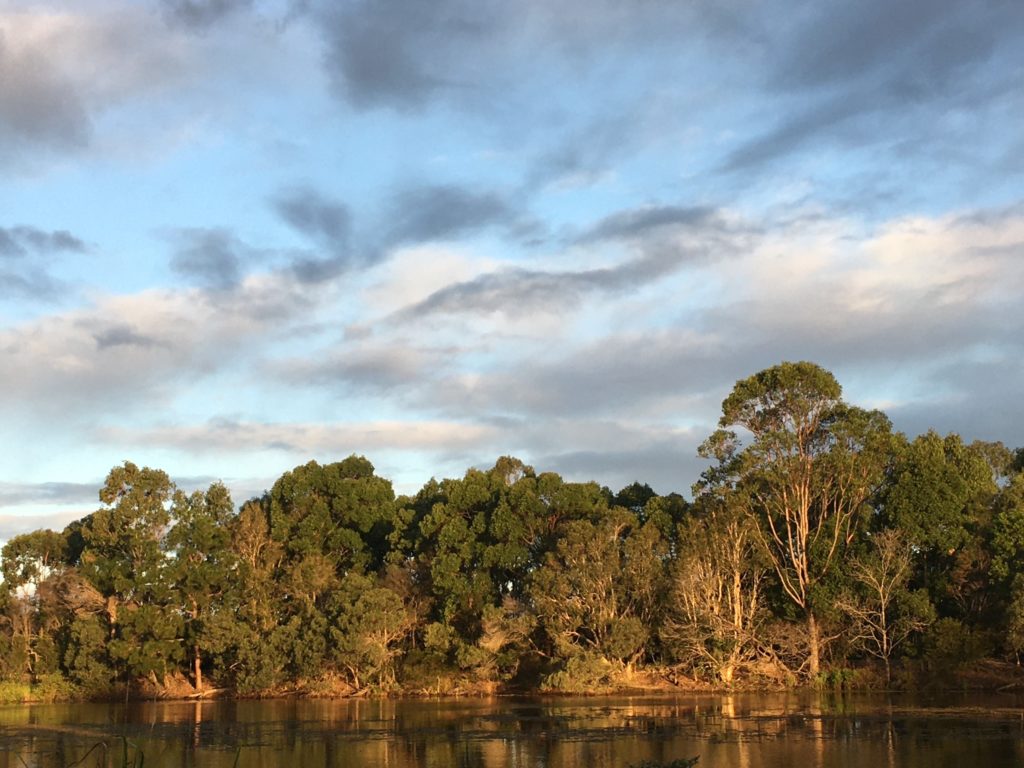It has been said that the whole of the Buddha’s doctrine could be summarized in the teaching on the six bardos.
The Buddhadharma is vast and profound, and the many approaches of the various vehicles and cycles of teaching comprise an inconceivable wealth of instruction.
For those who wish to attain the primordial citadel of buddhahood in the course of a single human life, the practice of these teachings is presented within the framework of the six bardos.
What, therefore, is a bardo? A bardo is a state that is “neither here nor there”; by definition it is something that comes “in between,” an intermediate state.
The six bardos are:
(1) the natural bardo of the present life;
(2) the hallucinatory bardo of dreaming;
(3) the bardo of meditative absorption;
(4) the painful bardo of dying;
(5) the luminous bardo of ultimate reality; and
(6) the karmic bardo of becoming.
The Natural Bardo of the Present Life
The natural bardo of the present life covers the period between birth and death.
At this moment, therefore, we are all in the bardo of the present life.
As it is said in the teachings, “Kyema! Now that I am in the bardo of my life, I will stop being lazy, for in this life, there is no time to spare!”
This is our present condition. We should think carefully and ask ourselves how many years have already gone by since we were born. How many years are still to go?
Life is utterly impermanent; nothing and no one can escape death. It is impossible for any of us to stay forever. While we are in this situation, we squander our existence meaninglessly, throwing away our time in laziness and distractions. Life runs its course, and its impetus is eventually exhausted. At that point all activities are terminated, and nothing further can be done.
This is why it is said that we should not allow ourselves to fall under the power of indolence and distraction.
We should instead practice the Dharma, the one thing that will help us at the time of death.
Although we are unable to practice everything, we should practice as much as we can, knowing that it is by the way we live now that we can exert a positive influence on the conditions of the life to come.
As much as possible, therefore, we should avoid even a single negative deed and never miss the opportunity of performing even the slightest positive action.
For nothing is certain; and it is said that we should conduct ourselves so that we have nothing to regret, even if we were to die tomorrow. This, then, is the first bardo, the bardo of the present life.
Source: Dudjom Rinpoche. Counsels from My Heart (Kindle Locations 692-710). Shambhala Publications. Kindle Edition.

It has been said that the whole of the Buddha’s doctrine could be summarized in the teaching on the six bardos.
——–
As it is said in the teachings, “Kyema! Now that I am in the bardo of my life, I will stop being lazy, for in this life, there is no time to spare!”
(Dudjom Rinpoche)
